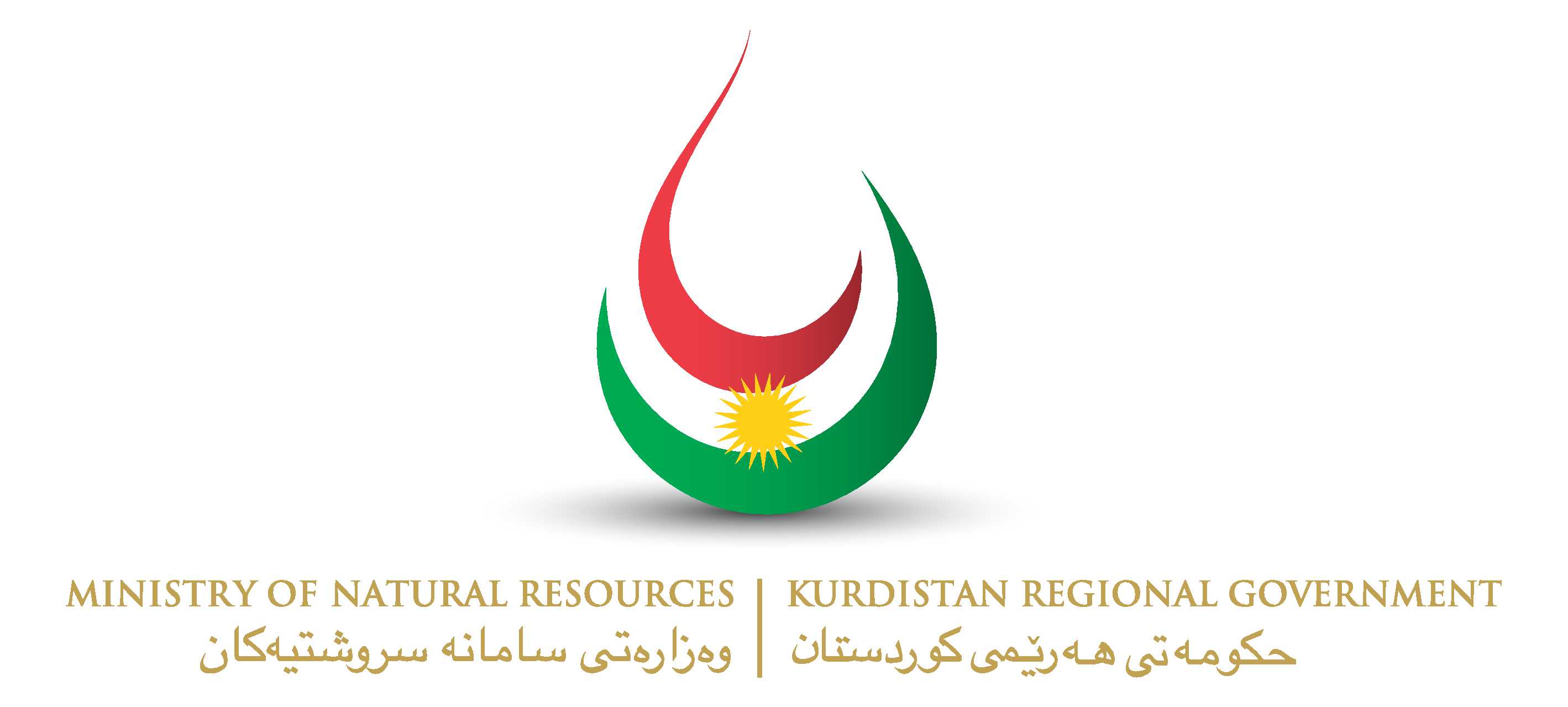
Statement by Ministry of Natural Resources, 19 June 2014.
Erbil, Kurdistan Region, Iraq (MNR.KRG.org) - The Ministry of Natural Resources (MNR) is surprised and disappointed that Bloomberg news agency should see fit to publish a story about Kurdistan Regional Government oil sales that is full of inaccuracies, half-truths and highly partisan comment.
The article, titled Half-Price Kurdish Oil Threatens Iraq Breakup With Turkish Help, was published by Bloomberg on June 19. Bloomberg later changed the inaccurate headline following our complaint, but insisted on reporting as fact its false claim that the KRG is offering crude oil at half price.
At a time of great tension for Iraq, such shoddy reporting, analysis and editorialising seems calculated to cause further division and mistrust, and could also harm the financial interests of the KRG and Iraq.
Before publication, Bloomberg made no attempt to contact KRG officials for comment or verification. Bloomberg framed the story and used quotes and language in such a way as to accuse the KRG and Turkey of trying to break up Iraq and steal Iraq’s money.
The KRG would never consider exporting and selling the natural resources of Iraq at "half price,” either now or in the future, as is alleged by an anonymous source quoted by Bloomberg and which supplies the lurid headline.
The KRG sells oil through the pipeline to Ceyhan on an international commercial market basis and unlike SOMO (the State Oil Marketing Organisation, which claims an illegal monopoly over Iraq’s oil sales), it is able to deliver cargoes to its customers on its own vessels.
Despite all the blackmail and threats by SOMO and the Ministry of Oil in Baghdad, the KRG has been able to deliver oil to its customers under commercially viable contracts, and all payments are being made into the KRG’s account in Turkey.
Export volumes are expected to double within the next weeks.
The KRG-managed export process is legal, constitutional and irreversible and the revenues will benefit the people of the Kurdistan Region and Iraq, helping to spread economic development, which is vital for security and stability.
The KRG conducts its business on a transparent basis with the required documentation of surveys, quantity and quality documentation being undertaken by internationally accepted practitioners. The KRG has repeatedly invited officials from SOMO to observe the sales process.
The KRG has always argued that the key to Iraq’s unity is power-sharing and revenue-sharing as is demanded by the Constitution of 2005. KRG oil sales are conducted within the framework of the Constitution and the Region’s Oil and Gas Law of 2007, which according to Articles 115 and 121 of the Constitution, supersedes the antiquated legal provisions on oil used by Baghdad.
The export activities fall within the Kurdistan Region’s 17 percent entitlement of the federal Iraqi budget.
That budget has been illegally withheld by the federal Prime Minister, Nouri al-Maliki at a time when the Peshmerga forces are helping all Iraqis by fighting the scourge of terrorism.
The KRG is currently owed billions of dollars by the federal government and has been forced to borrow money on the international market and accelerate the oil sales process in order to preserve peace and stability.
Nevertheless the KRG remains open to dialogue with officials in Baghdad, whomever they may be, to resolve all outstanding issues on oil and gas within the framework of the Constitution.
'The policy of centralisation and discrimination have put Iraq's future at risk,' said Natural Resources Minister Ashti Hawrami at the CWC Iraq Petroleum Conference in London on June 17. “As of last week (following the crisis in Mosul) there is a new Iraq. Iraq needs power-sharing, revenue-sharing and adherence to the constitution. Otherwise we will have more chaos in Iraq.'
The KRG expects international news agencies such as Bloomberg to treat such complex and sensitive issues as the management of Iraq’s oil and gas resources with professional detachment and skill, and for its reporters and editors to be aware of the Constitutional issues, to check facts, to not publish damaging claims by unnamed sources, to avoid editorialising, and to allow opportunities to counter any false allegations made before publication.
- Details
- Category: PRESS RELEASES
- Published: 19 June 2014
- Hits: 4511